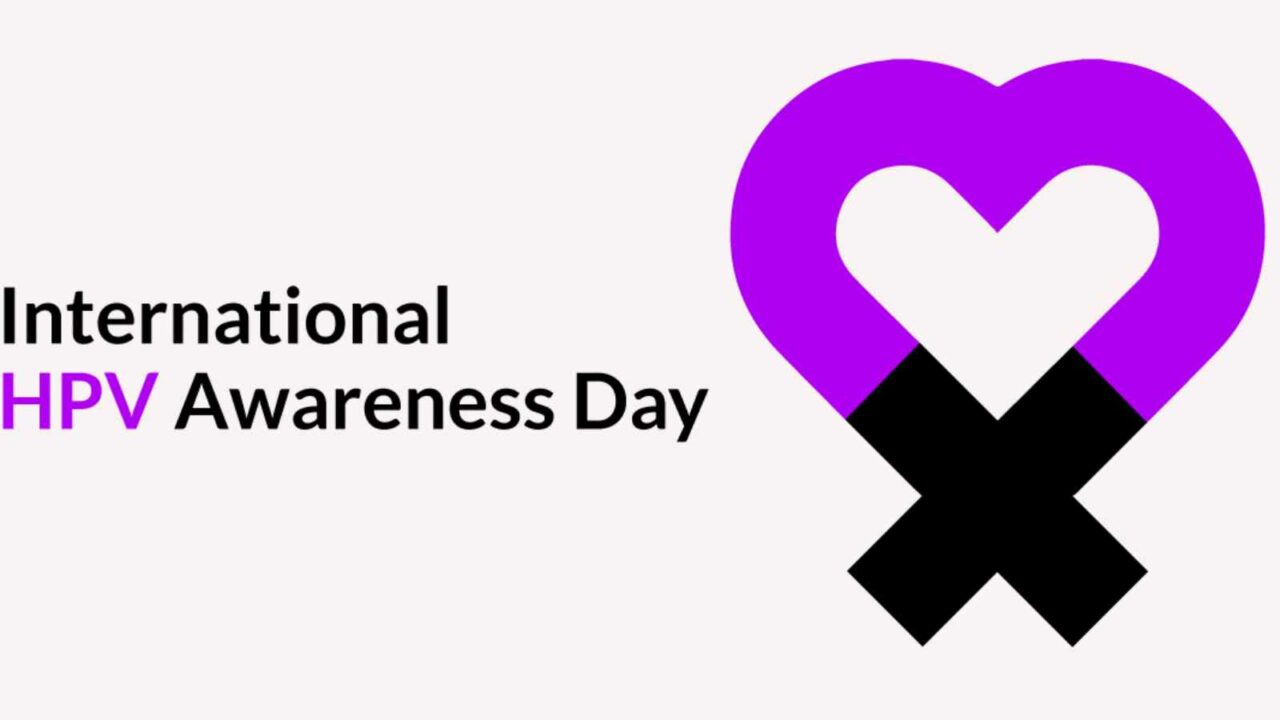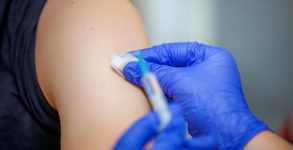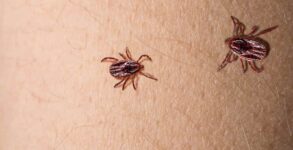Attention all readers! March 4, 2023 is a date to mark on your calendars as HPV Awareness Day. This day is not only important but also crucial for spreading awareness about the human papillomavirus (HPV) and its potential health risks. By educating ourselves and others about this viral infection, we can work towards preventing it from affecting us or our loved ones. In this blog post, we will discuss everything you need to know about HPV, why it’s vital to be aware of it, and how you can protect yourself from getting infected. Let’s get started!
What is HPV?
Human papillomavirus (HPV) is a virus that can cause cervical cancer in women. HPV is the most common sexually transmitted infection in the United States, and most people who are infected with HPV do not even know it. There are more than 150 types of HPV, and some types can cause cancer while others can cause genital warts. HPV is spread through sexual contact, so it is important to use condoms or dental dams during sex to reduce your risk of infection. You can also get HPV by sharing sex toys with someone who has the virus.
Most people who are infected with HPV will never develop any symptoms or health problems from it. However, some people may develop genital warts or cancer if they are infected with certain types of HPV. Cervical cancer is the most common type of cancer caused by HPV, but the virus can also cause other types of cancers, such as vaginal, vulvar, penile, anal, and throat cancers.
There is no cure for HPV, but there are treatments available for some of the health problems that it can cause. For example, genital warts can be treated with topical creams or surgery. And while there is no cure for cervical cancer, it can be treated with surgery, radiation therapy, and chemotherapy.
If you think you may have been exposed to HPV, it’s important to see a healthcare provider so that you can be tested and treated if necessary.
National Pound Cake Day 2023 (US): Date, History, Recipes
The different types of HPV
There are more than 100 types of HPV, and about 40 of these types can be passed on through sexual contact. HPV is classified into two main types, based on whether it can cause cancer: low-risk HPV and high-risk HPV.
Low-risk HPV does not cause cancer, but it can cause genital warts in both men and women. There are three types of low-risk HPVs that are responsible for most cases of genital warts: HPV 6, 11, 42, 43, and 44. Although genital warts are not dangerous, they can be uncomfortable and embarrassing.
High-risk HPVs can cause cancer of the cervix, vulva, vagina, penis, anus, mouth, or throat. The vast majority of cervical cancers are caused by two high-risk HPVs: HPV 16 and 18. These two HPVs are responsible for about 70% of all cervical cancers. Other high-risk HPVs include 31, 33, 35, 39, 45, 51 52 , 56 , 58 , 59 , 66 , and 68 .
Most people who get infected with HPV do not know they have it because there are usually no symptoms and the infection goes away on its own. However, some people will develop symptoms or health problems if they become infected with a high-risk type of HPV.
National Safety Day 2023: Date, History, Importance, Activities
How does HPV spread?
HPV is a very common virus that is spread through sexual contact. The virus can be passed on through skin-to-skin contact, including vaginal, anal, and oral sex. It can also be passed on through sharing sex toys or sharing intimate touching. You do not need to have penetrative sex to get HPV – any kind of close sexual contact can spread the virus.
Most people with HPV don’t know they have it because there are usually no symptoms. In some people, HPV can cause genital warts or cancer. Genital warts are small growths on the genitals that can be painful, itchy, or bleed. They are usually found around the vulva in women or the penis in men, but they can also be found inside the vagina, anus, or throat. cancer caused by HPV can occur in any area of the body where there are cells with the HPV infection. This includes cancers of the cervix, vulva, vagina, penis, anus, mouth, and throat.
You can reduce your risk of getting HPV by using condoms during sex and avoiding sex with multiple partners. You should also get vaccinated against HPV if you are between the ages of 9 and 26 years old. The vaccine is most effective when given before you become sexually active.
World Obesity Day 2023: Date, prevalence, causes and prevention
HPV symptoms
HPV, or human papillomavirus, is a virus that can cause cervical cancer in women. There are many different types of HPV, and some types can cause other types of cancer, including anal, vulvar, vaginal, and oropharyngeal cancers. HPV is the most common sexually transmitted infection (STI).
Most people who get HPV do not have any symptoms. When people do have symptoms, they might have:
-Genital warts: These are small bumps that can appear on the vulva, vagina, penis, or anus. Genital warts can also appear on the lips or mouth.
-Abnormal changes on a Pap test: A Pap test is a way to check for abnormal cells on the cervix that could become cancerous.
-Cervical cancer: This is the most common type of cancer caused by HPV. Symptoms of cervical cancer include bleeding from the vagina that is not normal (such as Bleeding after sex), pelvic pain, and watery or bloody discharge from the vagina.
How to prevent HPV
March is HPV Awareness Month, and March 4th is HPV Awareness Day. Here are some ways that you can prevent HPV:
1. Get the HPV vaccine. The HPV vaccine is safe and effective, and it can help protect you from the types of HPV that can cause cancer.
2. Use condoms. Condoms can help protect you from HPV, as well as other sexually transmitted infections (STIs).
3. Limit your number of sexual partners. The more sexual partners you have, the greater your risk of HPV infection.
4. Get regular Pap tests. Pap tests can detect early signs of cancer, which can be treated before it becomes serious.
HPV treatments
There are a few different types of treatment available for people who have HPV. Some of these treatments can help to clear the virus from your body, while others can help to treat the symptoms that HPV can cause.
If you have HPV, your doctor may recommend one or more of the following treatments:
-Antiviral drugs: These drugs can help to clear the virus from your body and reduce your risk of developing cancer.
-Cervical cancer vaccinations: The HPV vaccine can help to protect you from developing cervical cancer. It is recommended for all women between the ages of 9 and 26.
-Surgery: Surgery may be necessary to remove abnormal cells or tissue caused by HPV. This can help to prevent cancer from developing.
Conclusion
HPV Awareness Day is a great opportunity to educate yourself on the virus and its effects. This March 4th, spread awareness about HPV by talking to your friends, family, or colleagues about the importance of getting tested for it. The more people become familiar with what HPV is and how it affects them – both men and women – the better chance we have in preventing it from spreading further. Together, let’s make sure everyone has access to accurate information on this virus so that they can help protect themselves against it!


















